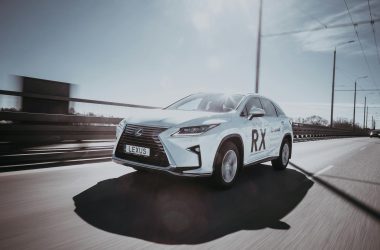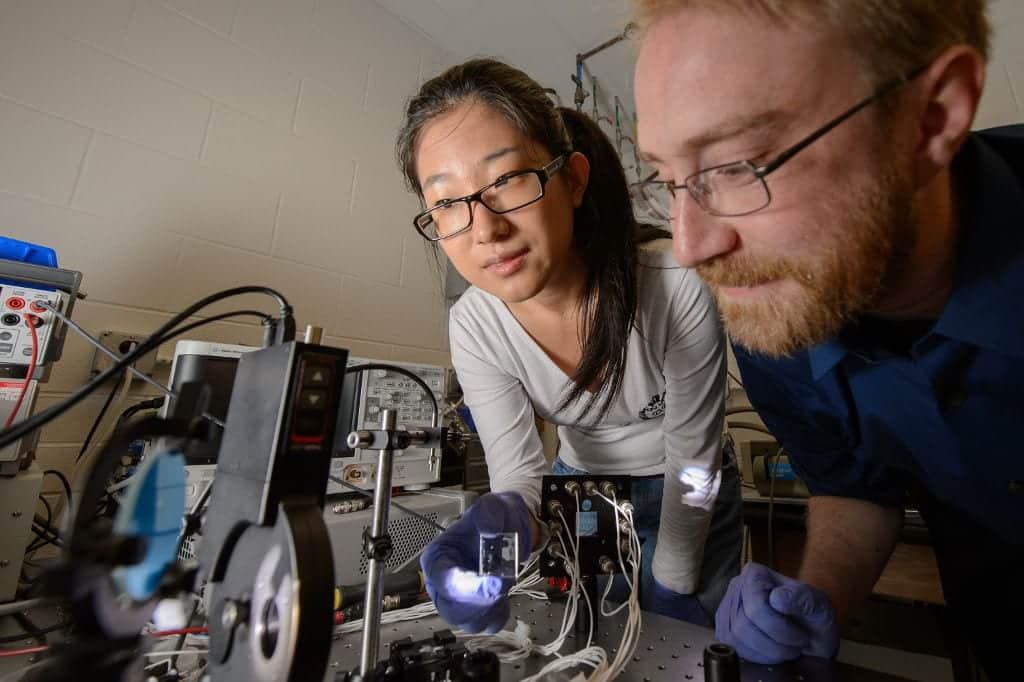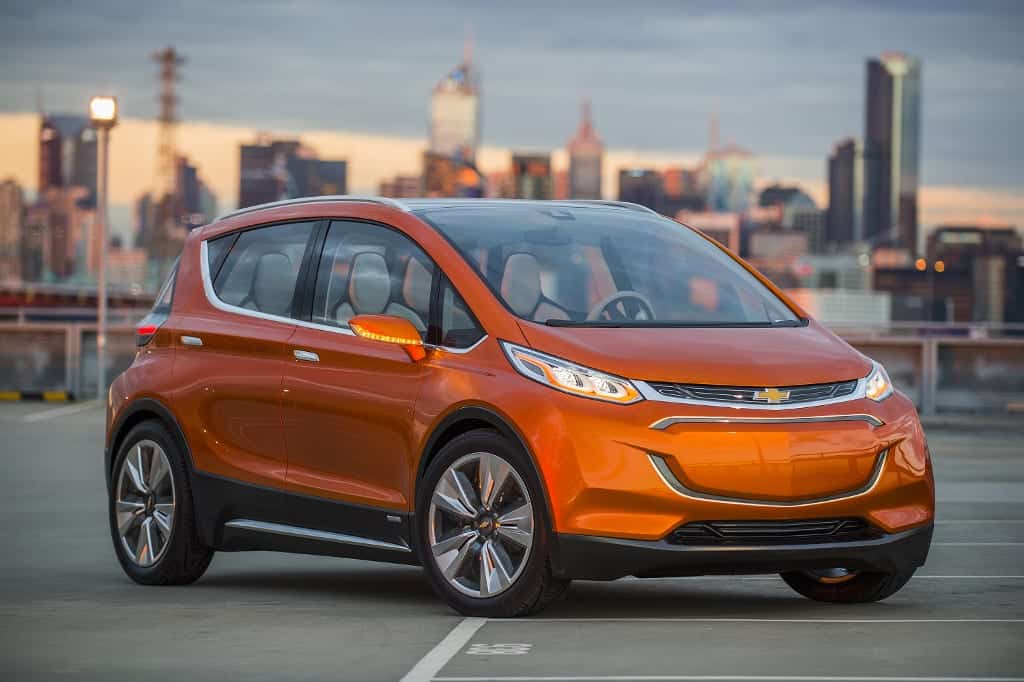A team of researchers from the Utah Power Electronics Lab at Utah State University has developed solar energy systems using discarded electric vehicle batteries. The team submitted it as part of the American-Made Solar Prize competition and was one of 10 finalists.
Projects like these address both the electronic waste potential of electric vehicle batteries and the high cost of buying new batteries for solar systems because discarded batteries are cheaper than new ones. Solar systems are often installed without batteries because they are cost prohibitive. Many electric vehicle batteries are large enough to power a house — even considering the significantly reduced capacity of those that are ‘spent’.
Spent 60 to 100 kWh batteries from mid-range to high-end electric cars will become ubiquitous after a while (if they are’t already). A system in which they are turned in to resellers and tested to determine their new capacity could facilitate the creation of a sustainable supply chain for cheap, used batteries. This could be very useful to the solar and wind industry.







